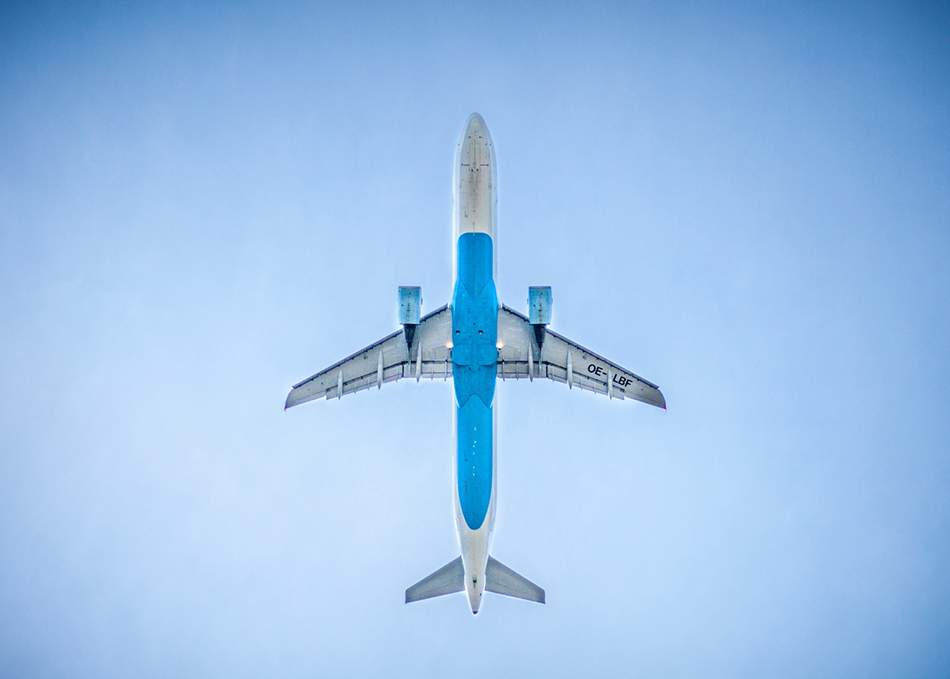The production of sustainable aviation fuel (SAF) should be encouraged to reduce the high carbon emissions from air travel, writes Biotechnology Innovation Organization (BIO) CEO Rachel King in The Seattle Times.
Replacing traditional fuels with SAF “could reduce commercial aviation emissions by an estimated 80%,” writes King. She explains that this is because, like other biofuels, SAF is carbon neutral—only releasing carbon captured by organic materials during their lifetime—while fossil fuels release carbon captured over millions of years.
King notes examples of BIO members doing good work to advance sustainable air travel.
LanzaTech converts captured carbon dioxide into biofuel using bacteria. The company is expanding its production capacity in the U.S.
As another example, “Velocys recently won a £27 million ($33 million) grant from the British government to convert household trash into SAF.”
SAF is a drop-in fuel that can replace traditional fuel in standard engines. However, less than 1% of aviation fuel is SAF, in part due to limited production capacity.
But King says that recent policy initiatives are advancing SAF and sustainable air travel.
For example, the Biden administration’s SAF Grand Challenge encourages the production of 3 billion gallons of SAF annually by 2030. In addition, the Inflation Reduction Act includes tax credits for SAF. Washington State enacted a law in early May to establish a pathway for SAF in the state’s clean fuels program and provide tax credits.
“We are making progress,” King says. “Thanks to decades of investment and innovation, decarbonizing aviation is no longer the insurmountable challenge it once appeared to be. Transformational tools like SAF herald a climate-friendly future for air travel,” she concludes.




